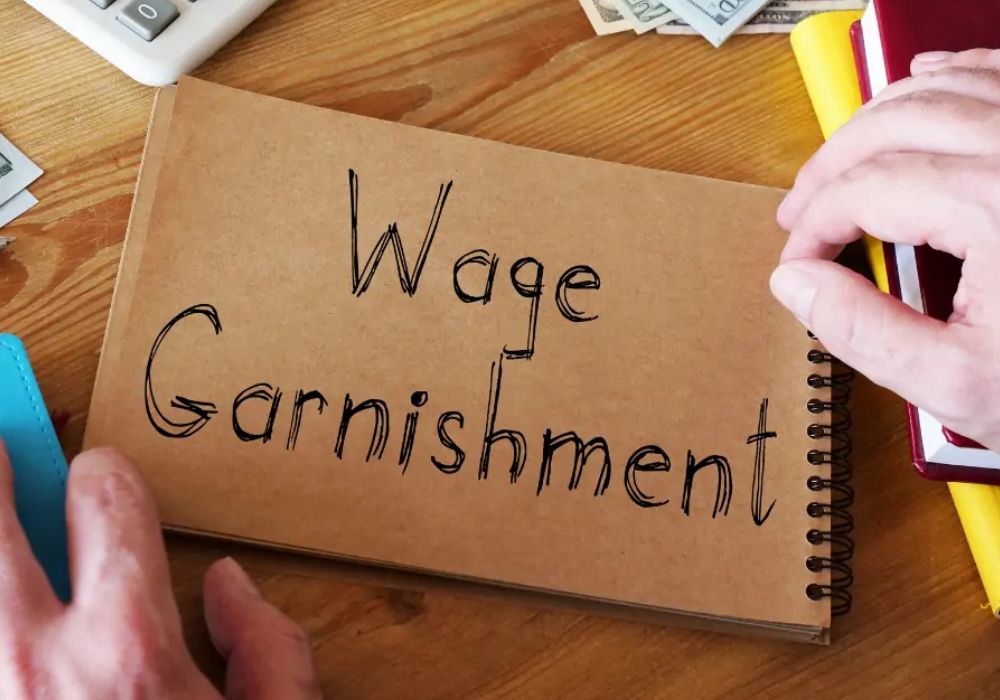In this article, we wil help you solve this frustrating situation: Your unit's rent is higher than the current listed price, and the apartment have experienced a decline in the complex's standards despite being a responsible tenant. Is it fair?
What happened?
You resided in a recently opened large apartment complex and signed a 12-month lease in July 2023. Currently, the complex is only 30% occupied, with many vacant units. You noticed that the rent for your unit on the apartment's website is now $80 less than what you are paying, with a two-month free rent offer. Furthermore, other units' rents have also decreased.
Despite being a responsible tenant, promptly paying rent, and reporting issues, you have observed a decline in the complex's standards. You've noticed frequent item breakages, unmet management appointments, employees behaving irresponsibly, smoking violations in smoke-free areas, and delayed maintenance. Expressing your concerns to the property manager and supervisor, you requested a rent reduction, but they have been unwilling to accommodate your request.
How do you get the property manager to lower your rent in this situation?

Our Advice
Assessing the Situation
It begins with a thorough review of your lease agreement, focusing on clauses about rent adjustments. Document any such provisions, noting whether they offer flexibility in rent negotiations. Next, document any observed declines in property standards and maintenance, including issues like frequent item breakages, unmet appointments, and smoking violations. Keep detailed records of these instances as evidence to support your case.
Finally, research current rental market trends and comparable rates in the area to gauge the fairness of your current rent. Look for any discrepancies between what you're paying and the rates for similar units in the complex or neighboring properties. This comprehensive assessment provides a solid foundation for initiating dialogue with property management and negotiating a fair rent reduction.
Related: Can I Sue My Landlord For Renting An Illegal Apartment?
Initiating Dialogue with Property Management
Step 1: Scheduling a Meeting with the Property Manager or Supervisor:
- Research and Preparation: Before reaching out to schedule a meeting, gather information about the appropriate contact person within the property management team. This is typically the property manager or supervisor. Use official communication channels provided by the apartment complex, such as email or phone, to request a meeting.
- Professional Communication: Craft a polite and professional message requesting a meeting to discuss concerns about your rental agreement. Clearly state the purpose of the meeting and offer flexible timing options to accommodate the property manager's schedule.
- Confirmation and Follow-Up: Once the meeting is scheduled, confirm the details via email or phone. Express appreciation for their willingness to meet and reiterate the purpose of the discussion. Follow up closer to the meeting date to ensure it remains on their agenda.

Step 2: Presenting Evidence of Rent Reductions for Similar Units in the Complex:
- Gather Comparative Data: Research rental rates for similar units within your apartment complex or neighboring properties. Utilize online rental listings, property management websites, or rental market reports to gather accurate and up-to-date information.
- Document Findings: Compile your research into a clear and organized format. Create a spreadsheet or presentation that highlights the rental rates of comparable units, including any recent reductions or promotional offers.
- Visual Aids: Consider using visual aids such as graphs or charts to illustrate trends and disparities in rental rates. Visual representations can enhance the impact of your presentation and make complex data more accessible.
- Prepare Supporting Materials: Print out copies of your research findings to provide to the property manager during the meeting. Having physical copies on hand allows you to reference specific data points and ensures that the information is readily available for review.

Step 3: Clearly Articulating Concerns about Declining Standards and Maintenance Issues:
- Identify Specific Issues: Before the meeting, make a list of all the concerns you have regarding declining property standards and maintenance issues. This may include instances of maintenance delays, broken items, unmet appointments, or violations of lease agreements.
- Provide Detailed Examples: Back up your concerns with specific examples and instances you've encountered as a tenant. Include dates, descriptions, and any communication exchanges with the property management regarding these issues.
- Express Impact: Articulate how these issues have affected your living experience and your perception of the property. Emphasize the importance of maintaining a safe, functional, and enjoyable living environment for all tenants.
- Stay Constructive: While it's important to express your concerns candidly, maintain a constructive tone throughout the discussion. Focus on finding solutions and working collaboratively with the property management to address the issues at hand.

Step 4: Politely but Firmly Request a Rent Reduction to Align with Current Market Rates:
- State the Purpose Clearly: At the outset of the meeting, clearly state that one of the primary reasons for the discussion is to request a rent reduction to align with current market rates.
- Provide Rationale: Reference the evidence you've gathered regarding rent reductions for similar units in the complex and the broader rental market trends. Explain how these findings support your request for a rent adjustment.
- Highlight Tenant Loyalty and Responsibility: Emphasize your track record as a responsible tenant who pays rent on time and abides by the terms of the lease agreement. Stress the importance of tenant satisfaction and retention for the overall well-being of the property.
- Be Prepared for Negotiation: Property managers may not immediately agree to a rent reduction, so be prepared to negotiate. Consider potential compromises or alternative solutions that could be mutually beneficial, such as lease extensions or additional amenities.
- Maintain Professionalism: Throughout the conversation, maintain a polite and respectful demeanor, even if there are disagreements or pushback from the property management. Keep the focus on finding a fair and reasonable resolution that addresses your concerns.

Your Strategies
Exploring legal options involves several key steps to ensure that tenants understand their rights and have recourse in case negotiations with property management fail:
- Researching tenant rights and applicable landlord-tenant laws in your jurisdiction. This may include laws related to rent control, lease agreements, habitability standards, eviction procedures, and other relevant regulations.
- Seek assistance from professionals who specialize in tenant rights, such as tenant rights organizations or legal advisors.
- Understanding the process for filing formal complaints or seeking mediation.
In negotiating a rent reduction, emphasize your exemplary tenant history and consistent rent payments:
- Propose a temporary reduction as a compromise, highlighting its benefits for both parties.
- Offer to sign a lease extension in exchange for reduced rent, ensuring stability for the landlord.
- Explore concessions or incentives like assisting with minor maintenance tasks or referring new tenants to offset the reduction.
- By presenting these options, demonstrate your willingness to collaborate while advocating for a fair adjustment in rent.

Related: How To Sue My Landlord For Unsafe Living Conditions
Alternative Solutions
If the property manager is hesitant to lower your rent, consider suggesting alternative solutions. For example, you could propose a shorter lease extension with reduced rent or ask for additional amenities or services to be included in your lease agreement.
If the property manager remains unwilling to lower your rent, consider exploring other options such as moving to a different apartment complex. It's important to have a backup plan in case negotiations do not yield the desired outcome.
Conclusion
As tenants assert their rights and advocate for fair treatment, they contribute to fostering healthier landlord-tenant relationships and maintaining standards within rental communities. Empowered by knowledge and equipped with practical strategies, tenants can navigate the complexities of the rental market with confidence, ensuring that their voices are heard and their concerns addressed. Ultimately, by working together towards mutually beneficial solutions, tenants and property management can create more equitable and harmonious living environments for all.





